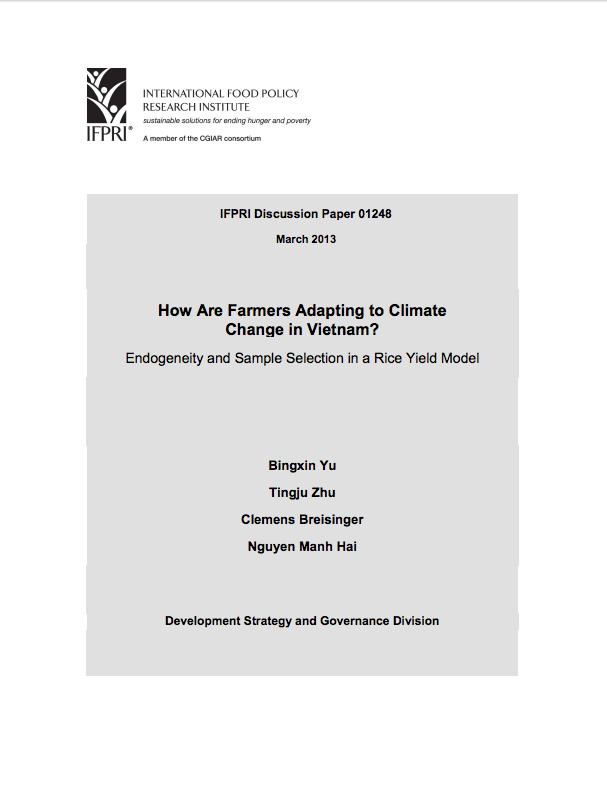Trade in a ‘Green Growth’ Development Strategy : Global Scale Issues and Challenges
This paper surveys the state of
knowledge about the trade-related environmental consequences
of a country's development strategy along three
channels: (i) direct trade-environment linkages
(overexploitation of natural resources and trade-related
transport costs); (ii) 'virtual trade' in
emissions resulting from production activities; and (iii)
the product mix attributes of a 'green-growth'





